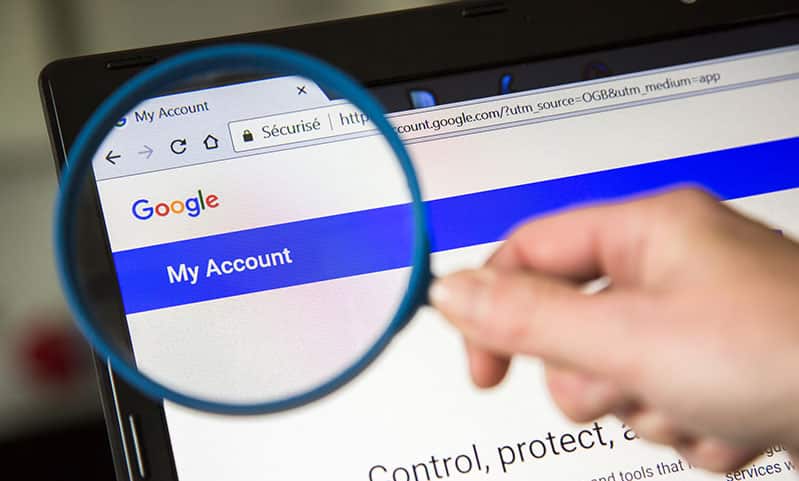According to a recent study, as many as two-thirds of the apps aimed at toddlers and preschoolers on Google Play may be in direct violation of the Children’s Online Privacy Protection Act.
Seemingly mindless apps and games are a treasure trove of information for marketers, explained lead study author Dr. Jenny Radesky.
“It is incredible how much can be inferred from a child’s gameplay behavior: their impulsivity, responses to rewards, or information processing,” she said.
“Educational technology reveals even more about our children’s strengths and weaknesses, including data such as their behavioral self-control or learning disabilities,” she added.
For these reasons, federal law specifically prohibits this kind of data tracking.
A pair of companion studies concluded that the “Family and Games & Entertainment” category had more active third-party trackers than any other category, and most of these trackers do not respect COPPA rules.
COPPA Actions
Adults essentially waive their right to privacy when they go online.
But it is illegal to harvest personal information, like device ID numbers, email addresses, and geographic locations, from children.
But many companies flaunt these laws.
TikTok, the controversial Chinese-based app, is perhaps the leading example of COPPA violations.
In 2019, the Federal Trade Commission levied a $5.7 million fine against the company for repeated COPPA violations.
That’s the largest fine the agency has ever assessed. Shortly thereafter, TikTok agreed to pay a group of parents $1.1 million to settle a similar matter.
That’s an example of a private right of action, a feature embedded in many federal laws.
Federal prosecutors and bureaucrats eagerly take on high profile cases like TikTok privacy violations.
But they often do not show similar interest in other cases. Unless these victims partner with a class action lawsuit attorney, justice might not be available.
Whistleblower actions are another example. Federal prosecutors are anxious to punish companies that do wrong, but individual whistleblowers often must fend for themselves.
Private attorneys know how to protect these individuals from subtle and not-so-subtle retaliation.
Frequently, civil actions like these become class action lawsuits, because so many victims are affected at once.
Class action lawsuits allow victims from different states and backgrounds to come together, pool their resources, and take on large multinational corporations like Musical.ly, the shadowy Cayman Islands-based corporation which owns TikTok.
Data Privacy
When companies collect information, they have a legal obligation to safeguard that data.
That’s especially true of PII, or Personal Identifying Information, like addresses, telephone numbers, email addresses, and bank account information.
Hundreds of serious data breaches are reported each year.
There are probably many more, but companies usually try to keep these incidents under wraps. They do not want to alarm customers and drive them away.
Damages in a data privacy claim usually include compensation for economic losses, such as financial losses tied to the breach, and noneconomic losses, such as emotional distress.
Because these companies often refuse to help victims, additional punitive damages might be available as well.
Data privacy is one of the most important issues of our time.
For a free consultation with an experienced civil litigation attorney, contact Napoli Shkolnik PLLC. We handle these claims on a nationwide basis.
